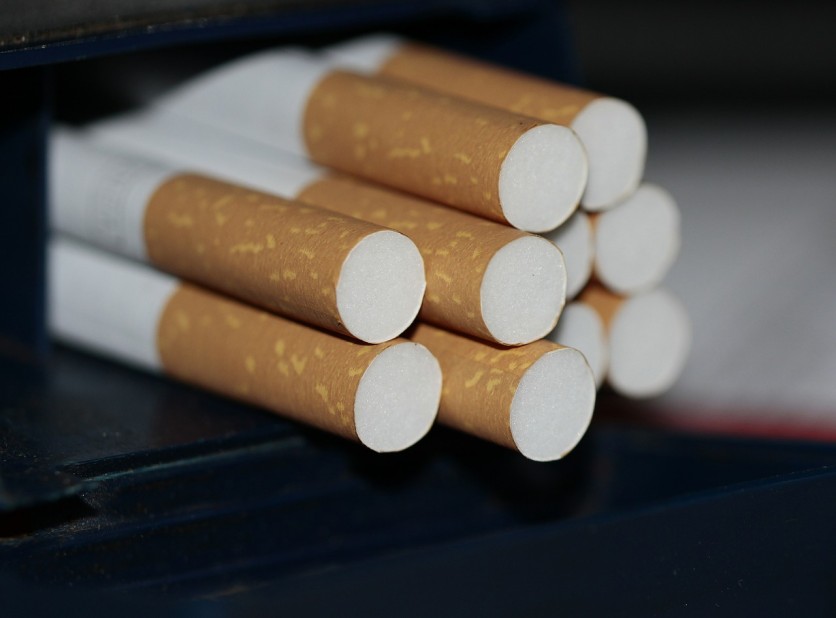Lithuanian scientists have introduced a creative method for repurposing discarded cigarette waste to produce biodiesel, presenting a promising stride towards more sustainable fuel manufacturing.

Transforming Cigarette Butts into Biodiesel Fuel
Developed by researchers at Kaunas University of Technology (KTU) and the Lithuanian Energy Institute (LEI), this innovative approach addresses the challenges of high production costs and environmental impact associated with biodiesel production.
As the world explores greener alternatives to conventional fuels, Interesting Engineering reported that this novel solution has the potential to significantly cut production expenses and mitigate the environmental footprint of biodiesel.
Researchers at the KTU Faculty of Mechanical Engineering and Design, led by chief researcher Samy Yousef, have discovered that triacetin, a crucial compound for biodiesel production, is abundant in cigarette filters.
Through a series of experiments involving pyrolysis, a thermal decomposition process conducted at varying temperatures, the scientists successfully extracted valuable components from cigarette waste.
The resulting oil, rich in triacetin, offers a sustainable solution for biodiesel production. This innovative method not only addresses the environmental impact of cigarette waste but also repurposes its by-products for applications such as fertilizers, wastewater treatment, and energy storage.
A notable breakthrough has been achieved with the extraction of oil from cigarette waste, rich in triacetin. This oil holds potential as an additive in biodiesel production, promising reduced costs and enhanced efficiency.
Providing a Viable Solution
Given the immense global consumption of over 6.5 trillion cigarettes annually, WION reported that the substantial volume of cigarette waste poses both a challenge and an opportunity.
The team's innovative approach not only provides a viable solution to repurpose this waste but also showcases the potential for scalable integration into waste management systems.
While the immediate focus centers on incorporating this breakthrough into circular economy systems, the researchers envision promising avenues for further utilization of cigarette waste.
Through the application of pyrolysis treatment, they envision a holistic strategy encompassing waste collection, recycling infrastructure, and a transformative approach to repurposing waste.
This research signifies a significant leap in sustainable fuel production, offering a groundbreaking solution to environmental concerns and exploring new dimensions in waste management.
As emphasized by KTU researcher Yousef, BNN reported that the team is unwavering in its commitment to exploring additional possibilities for leveraging cigarette waste, contributing to the pursuit of a more sustainable future.
Researchers employed pyrolysis to undergo the thermal decomposition of cigarette butts, subjecting them to temperatures ranging from 650°C to 750°C.
Following a series of experiments, the scientists identified that the optimal extraction of the triacetin compound (43%) occurred at 750°C. The resulting yields were estimated at 38% oil, 25.7% char, and 36.4% gas.
Porous char, notably enriched with calcium, holds potential applications in fertilizers, wastewater treatment, and energy storage. The extracted gas can be utilized for energy purposes, while the oil, rich in triacetin, presents an opportunity as an additive to biodiesel, promising cost reduction.

ⓒ 2025 TECHTIMES.com All rights reserved. Do not reproduce without permission.




